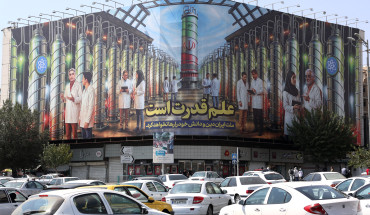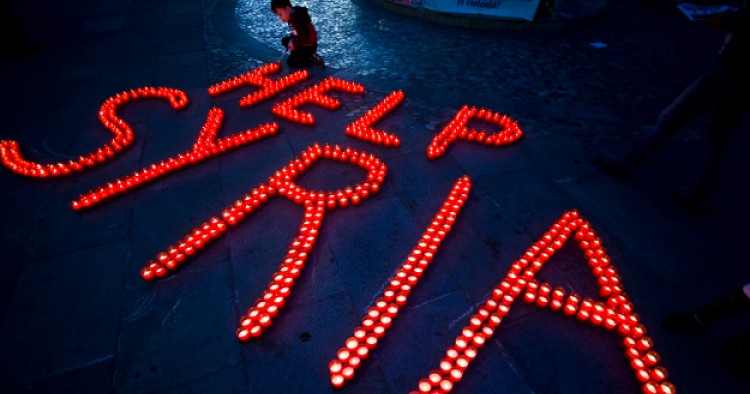Read the full article at Foreign Policy, or click here for an extended version of this analysis.
The current U.S. strategy in Syria isn’t working. Despite the coalition airstrikes against the Islamic State, the group still has strategic depth in Syria to back its campaign in Iraq. Syrian President Bashar al-Assad’s regime, meanwhile, isn’t fighting the Islamic State — it’s locked in combat with the moderate opposition. Despite Washington’s hope for a national political transition away from Assad, there is no sign of a cease-fire, much less a comprehensive political deal.
More than ever, Americans — and Syrians — need to ask themselves what has gone wrong and what can be fixed. U.S. strategy needs to center on taking back ground from the Islamic State and driving a wedge between Assad’s small ruling circle and his increasingly wobbly support base so that a new government can be established to rally more Syrians against the jihadis. Reinforcing Syria’s moderate rebels is still the key component in achieving these goals, but we — and they — have to get the strategy and tactics right.
U.S. President Barack Obama’s administration should undertake a major diplomatic and assistance effort, or it should walk away from Syria. Merely continuing to inject small amounts of aid and men in the fight won’t sustainably contain the jihadis or be sufficient to reach the political negotiation the administration keeps hoping for.
The quiet end to the Syrian armed opposition’s Hazm Movement, with which the Americans had worked in northern Syria, was the latest signpost of the current failed policy. With aid coming too little and too late, the movement was easily knocked aside by al Qaeda-linked extremists who gained new territory and border crossings.
The Middle East Institute (MEI) is an independent, non-partisan, non-for-profit, educational organization. It does not engage in advocacy and its scholars’ opinions are their own. MEI welcomes financial donations, but retains sole editorial control over its work and its publications reflect only the authors’ views. For a listing of MEI donors, please click here.













